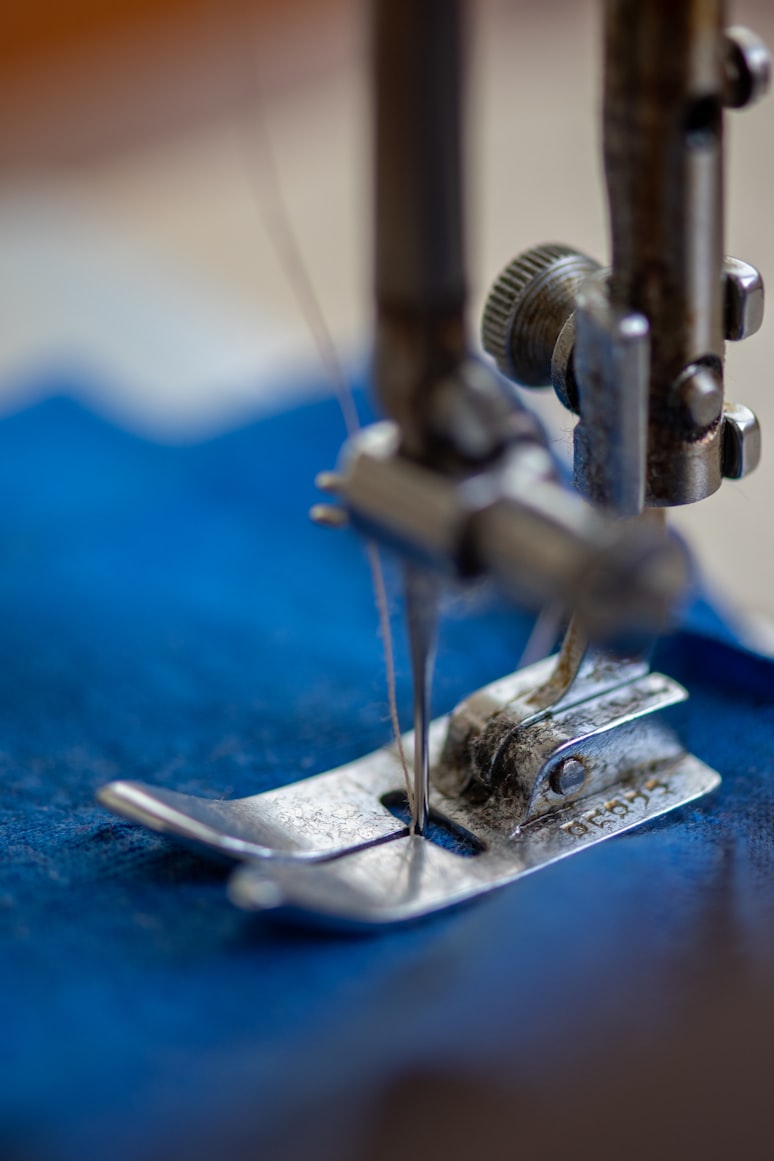There’s been a new battle against fast fashion being waged in European institutions, with the European Parliament's Committee on the Environment, Public Health, and Food Safety having to resolve, through the approval of its own report, the proposal presented by the European Commission on 30 March 2022, from which the EU Strategy for Sustainable and Circular Textiles is structured.
It comes in the form of an initiative that seeks to curb the "fast fashion" business and promote circularity and sustainability as values for the future, for which the MEPs of the same Environment Committee have ended up drafting an opinion with their own recommendations. It will be submitted to the plenary session of the European Parliament for final approval, hopefully before this summer.
According to German MEP Delara Burkhardt, consumers alone cannot reform the global textile industry through their purchasing habits. The report was adopted with 68 votes in favor, no votes against, and one abstention, with the recommendations that the Environment Committee will present to the plenary of the European Parliament to fight against all forms of "fast fashion".
She also went on to say that the EU must legally oblige manufacturers and large fashion companies to operate in a more sustainable way, arguing that people and the planet are more important than the profits of the textile industry.
The Introduction of the New "Digital Passport"
In analyzing the main points of the report approved by the Parliamentary Committee, in general terms, it brings together a series of initiatives that will seek to advance the creation of a European framework to facilitate the transition of the textile industry towards a more sustainable, circular and climate-neutral model by 2030, which the European Commission itself had already proposed in its EU Strategy for Sustainable and Circular Textiles.
The Commission's main and shared objective, as recommendations to be debated in the plenary session of the European Parliament at the Commission's proposal, is to implement all those rules that will make textile products sold within the EU more durable, easier to reuse, repair and recycle, as well as being manufactured chiefly from recycled fibers and free of hazardous substances.
Underlining in this respect is that textiles must also, in order to be marketed within the EU, be manufactured with respect for the human, social, and labor rights of workers, the environment, and animal welfare throughout their value chain.
The Committee will also call on the Commission and member states, once this opinion is adopted in plenary, to implement measures to ensure that all production processes linked to the textile and fashion industries become less "intensive" in energy and water use, avoid the use and release of harmful substances, and reduce the footprint and consumption of raw materials. It also calls for all eco-design requirements already being developed at the European level to be adopted as a "priority" for textiles and footwear.
Brands that Are Already Implementing the Product Passport
A fight for which he also recommends "the introduction of a “digital product passport'" within the upcoming eco-design regulation that is being carried out, and which would allow, in line with what has already been advanced by companies such as the apparel brand Mango, access to the entire history of a given piece through the online channel, from the origin of its raw material to the place of its manufacture.
Mango garments with the "Committed" label are products made with sustainable fibers and/or production processes, reducing their environmental impact. Mango aims to support the implementation of greener practices by increasing the number of sustainable garments in our collection. Some of the materials used to make these garments are linen, FSC® certified paper and cardboard, recycled wool, Lenzing cellulose fibers, FSC/PEFC-certified cellulose fibers, Birla-certified cellulose fibers, denim processed with Jeanologia®-technology.
For the launch of the spring/summer 2023 collection, fashion house Chloé presented its "Chloé Vertical" project. To this end, the brand worked with technology partner EON to develop a digital ID system for each product in the Chloé Vertical Capsule Collection, which can be scanned over the label with a smartphone.
This allows users to track their product's journey from the field to the finished piece. They also get access to a certificate of ownership that allows direct resale through Vestiaire Collective, as well as detailed information on product care and repair. The B Corp brand fashion carries many sustainable certifications, including Fair Trade Certified, Leather Working Group, and the Global Recycled Standard, to name a few.
